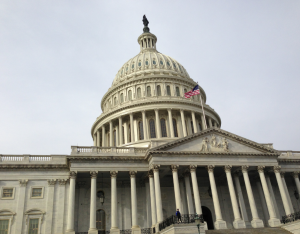 Labor Day typically marks the time when our year-end project installation schedule becomes more clear. Our corporate customers, often operating on a fiscal-calendar year for budgeting, also exhibit end-of-year psychology and “get it done by year end” becomes a priority. Normal product lead times, procurement contracts, permits, and even potential interruptions from winter weather means by Labor Day our construction year is pretty much set.
Labor Day typically marks the time when our year-end project installation schedule becomes more clear. Our corporate customers, often operating on a fiscal-calendar year for budgeting, also exhibit end-of-year psychology and “get it done by year end” becomes a priority. Normal product lead times, procurement contracts, permits, and even potential interruptions from winter weather means by Labor Day our construction year is pretty much set.
This year many cleantech project developers have even more tension leading up to their 2011 New Year’s party planning. With Section 1603, the US Federal program for renewable Grants in Lieu of an Investment Tax Credit (ITC), set to expire at the end of 2010, projects which are not at least 5% underway by year end will miss the proverbial party.
Both customers and developers, recognizing the benefit of the grant (ie. money in your pocket) over the ITC (ie. delayed gratification until you have earnings and taxes or trade the credit to someone who can use them) are racing to finalize any projects which have good reason for moving forward. They only have until year end 2010 to capitalize on an incentive program that was announced in 2009.
Or do they?
Once again, customers and the cleantech industry are forced to speculate on Congress acting vs not acting to extend the Section 1603 program. As we pointed out at the end of last year, the most significant negative impact from this uncertainty is its future effect on customer psychology.
Will there be a better incentive program around the corner? Or will there be no program for several years? Or worse, there is current speculation that if the bill does get extended it may now include non-profits as eligible for the grant where today they are not. For a university about to sign a 20 year power purchase agreement because they can’t get the tax benefit how can they make the best decision?
Which is not good for anyone. Let’s hope that this is the last time a short term incentive program, originally meant to stimulate the market, has a positive effect for the first year, and then works against itself for the last one.

